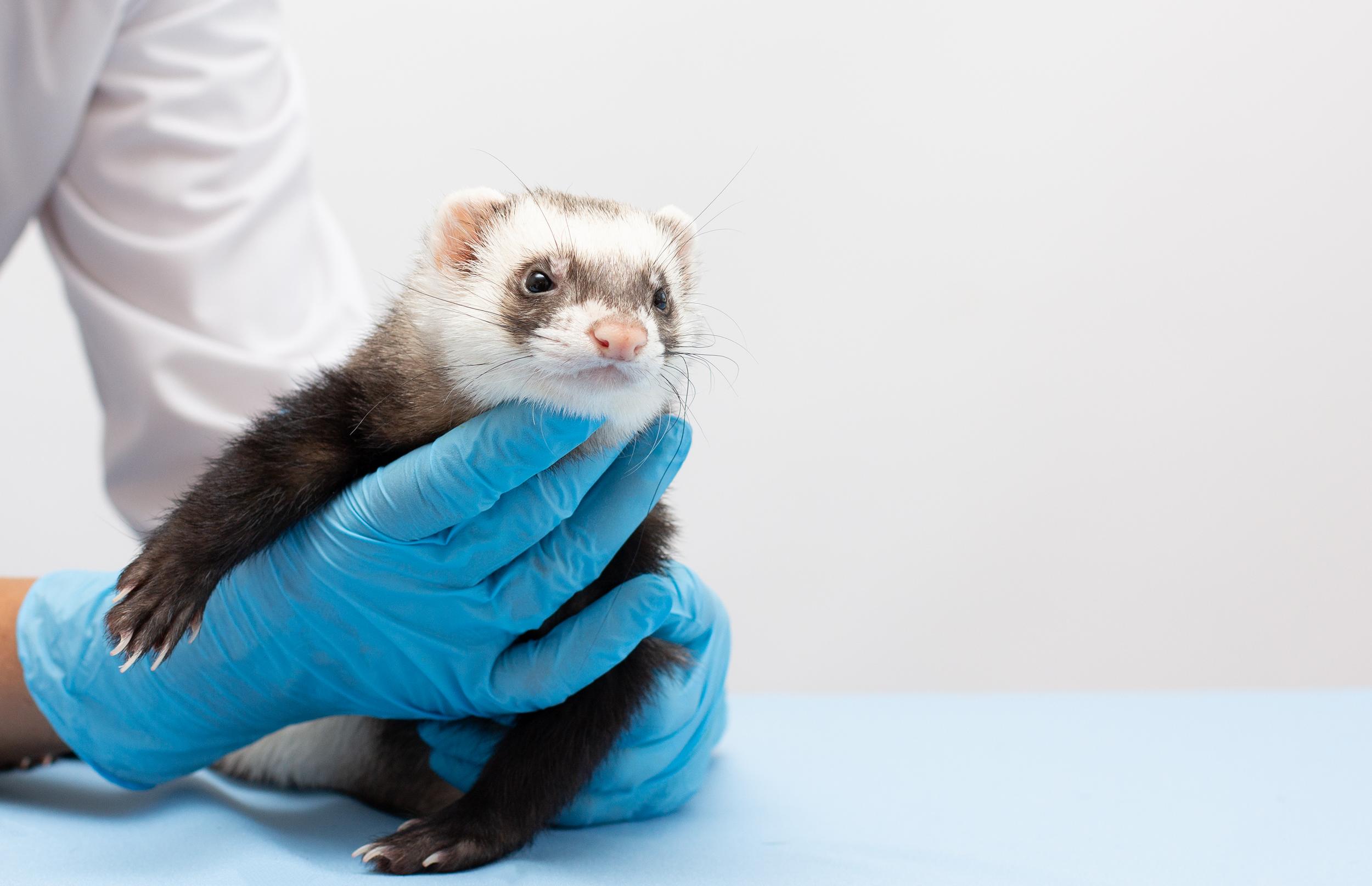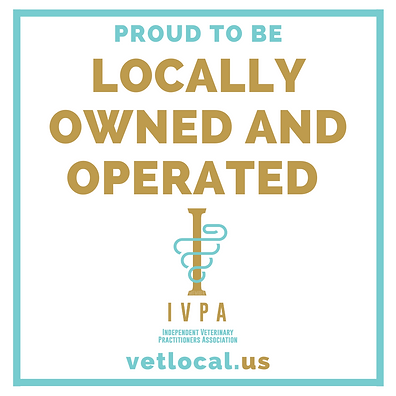|

When thinking about adopting a ferret as a family pet, there are many things to consider. Most of the top items to think about before deciding on this pet are related to housing and safety for you and your new ferret.
Safety first, so remember that ferrets are delicate creatures. Pick them up by the scruff of their neck with one hand under their bottom, or with hands supporting both chest and hip areas. When making sharp or fast gestures, or pointing, know that you may get a quick nip because you startled them or encouraged them to think of you as a food source.
Ferrets are like dogs in the sense that they are pack animals, and prefer to live in cave-like shelters with other members of their species. Having an accurate environment for them to play and live in will help transition them into their new home.
Avoid glass or plastic aquariums that do not provide sufficient ventilation. Rather use wire or mesh caging that measures a minimum of 30 inches wide, 18 inches long and 18 inches deep. You will find that your ferret will probably prefer a multi-level home. Steps, stairs, shelves and climbing blocks can be used to encourage climbing. Check your cage to ensure that openings are smaller than 1x2 inches and make sure your furry friend's cage locks securely- you don't want to find out that you have an escape artist in your home!
Place a washable, flat surface over the cage's mesh floor. Vinyl, linoleum or disposable carpet pieces will provide comfort and are easy to sanitize. You'll want to place your ferret's cage in an area that's cool in your home (but not freezing or near a leaky window or AC vent), but away from direct sunlight. When cleaning use mild detergent for hard surfaces, launder bedding and always sanitize all materials used by your ferret.

"You can save time cleaning a ferret's cage by simply teaching the animal to use a litter pan," according to the Humane Society of the United States. "Find a small cardboard or plastic tray that is three to five inches high to serve as a litter box, and secure it to one side of the cage, away from sleeping and eating areas."
Cats are fastidious with their hygiene, ferrets are not. You should empty their litter box often and rest assured that you will know they've gone. Ferrets don't cover their bowel movement like cats do.
Ferrets are prone to ear mites, so prepare to provide regular care for their ears. Flea prevention is important as well, which is a continuous problem for dog and cat owners. You will want to talk to your veterinarian about prevention, as well as possible respiratory issues that can be caused when using certain types of litter. Wellness exams are highly suggested to encourage a relationship with your veterinarian, and access health status for your new pet. Vaccinations are available as well.
Play time is always enjoyable for you and your ferret, especially when providing interesting items for entertainment. They are great at climbing and crawling, and will enjoy items such as boxes, paper bags, tubes, clothing items, hoses and other hidey-hole environments.
"Ferrets are social creatures who enjoy visiting with people, so let them roam frequently in a secure area outside of their cages. Although they have a great sense of smell and acute hearing, ferrets have limited vision, which means you should avoid sudden movements and speak in a gentle voice before approaching," suggests the Humane Society of the United States.
|
.webp)







